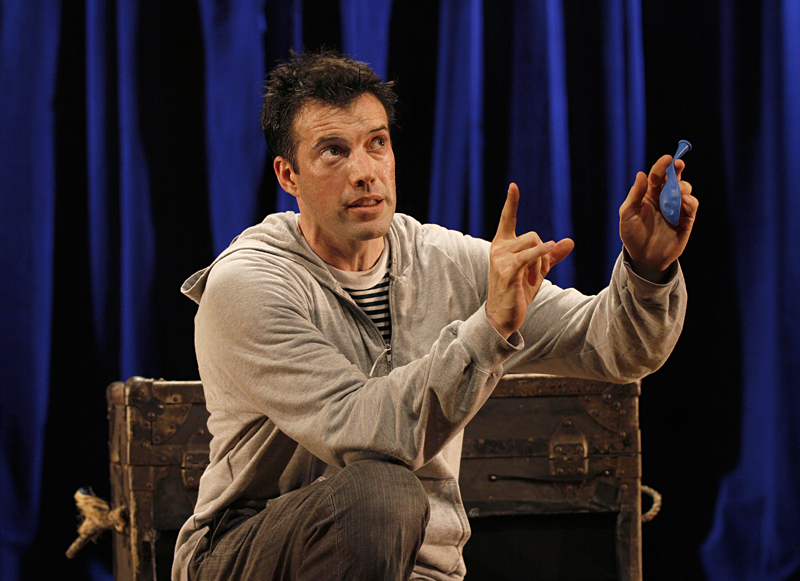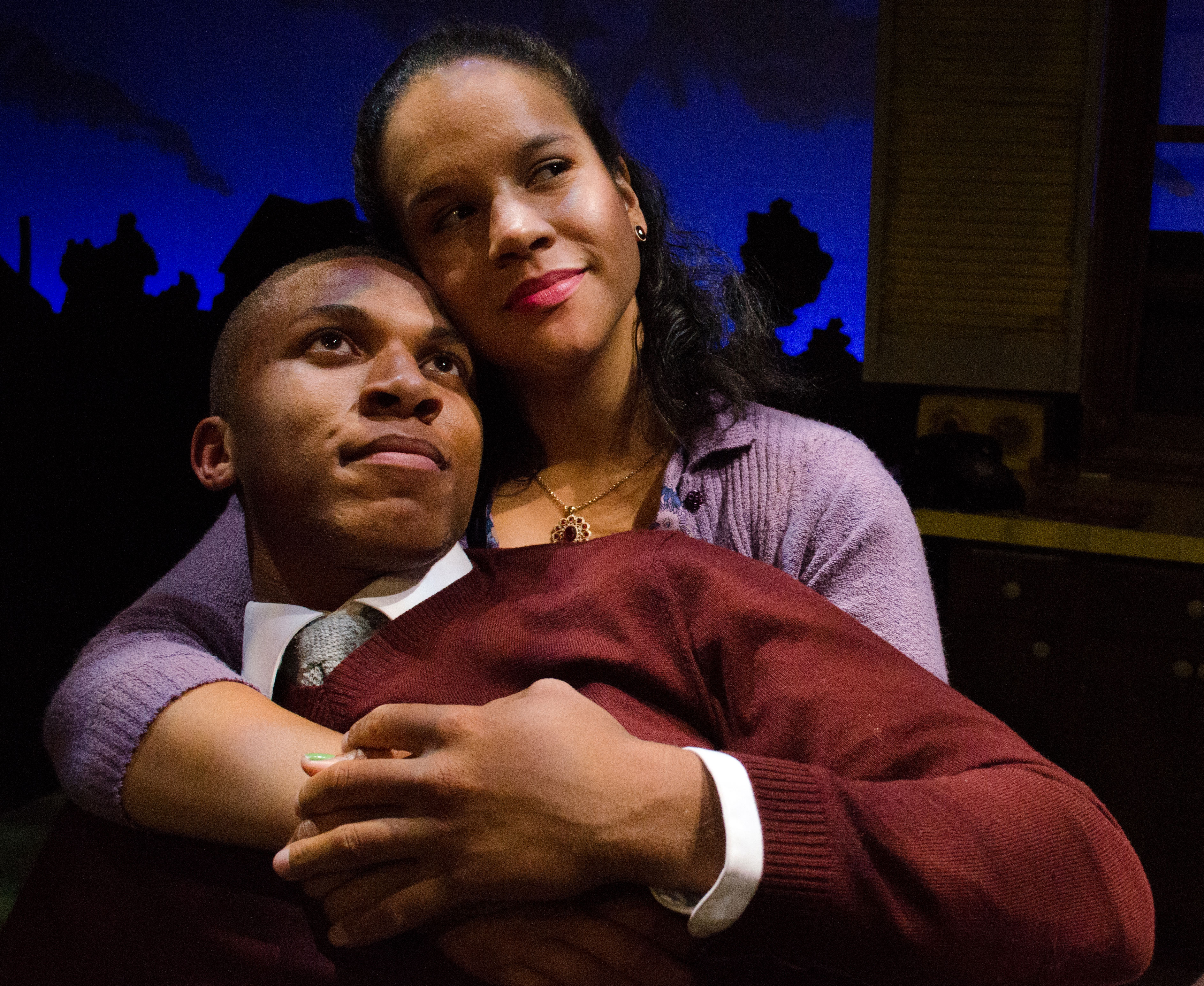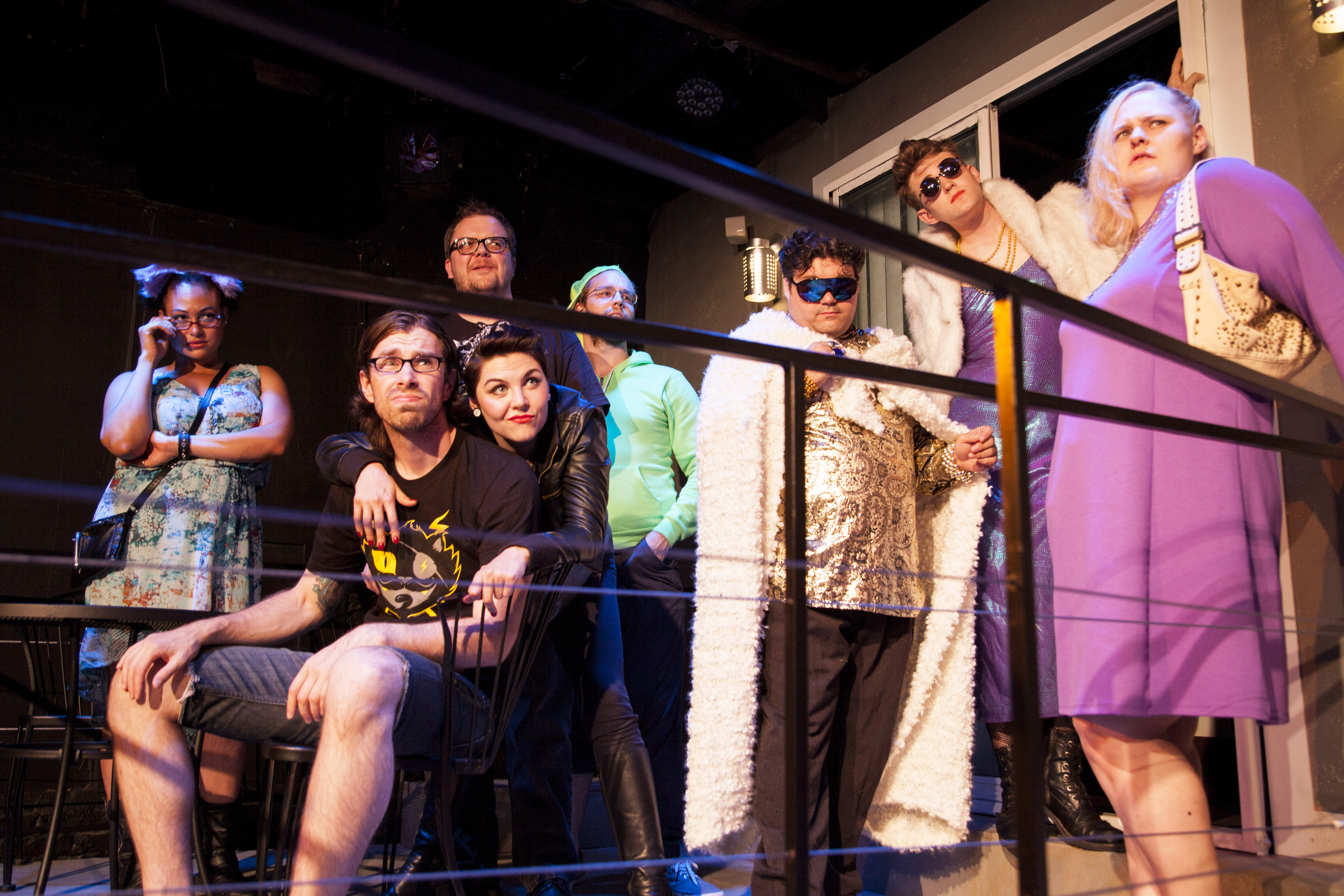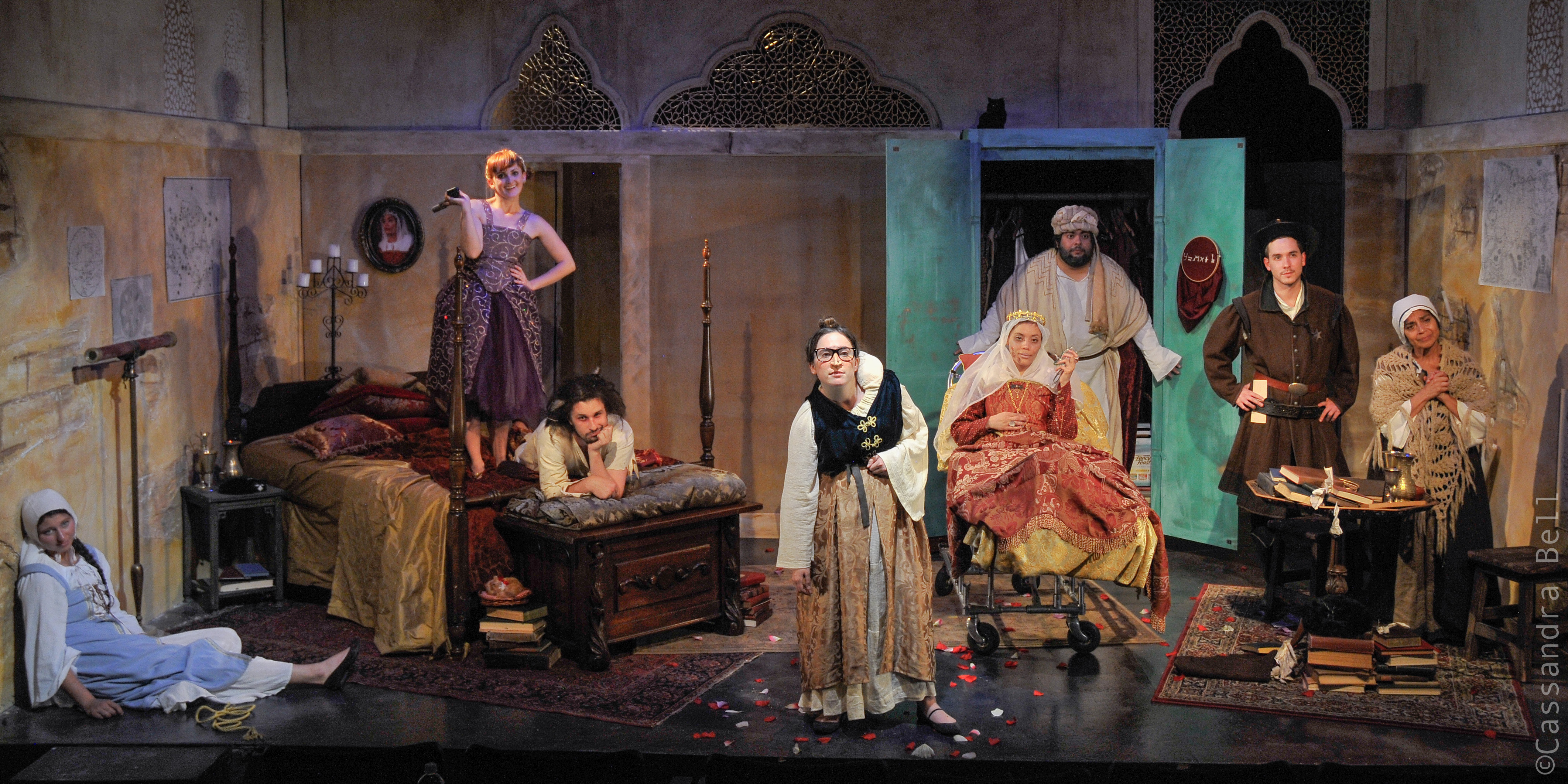Careful what you wish for. If you’ve ever wondered how circus clowns create their distinct personas while remaining part of the Big Top tribe, Lorenzo Pisoni’s one-man show gives away innumerable secrets of the trade. He’s been performing since he was knee-high to a seltzer bottle, since both his parents were “in the business” (that being the Pickle Family Circus). But clowns are merely part of the circus spectacle, cavorting among the elephants, contortionists, and acrobats. Separated from the herd, their broad, physical humor is sometimes akin to having the world’s best rock bassist play solo for 70 minutes.
Which is not to say that Humor Abuse isn’t entertaining or fun. It’s just that its charms won’t be what you expect. At first, the show’s title makes you worry that Pisoni will assail the audience or take a sledgehammer to a watermelon. Or, worse, perhaps it’ll be a self-pitying tale of woe, regret, and parental abuse—like Mommie Dearest with clowns.
It’s neither of these, but closer to the latter as Pisoni recounts how he signed a “contract” at age 6 to became his father’s onstage partner. Four years later, his parents divorced, and he toured without them. Pisoni delivers these memories without rancor, and often with a tenderness that makes you believe that his oddball upbringing, with all its pitfalls, realized the old fantasy of running away to join the circus.
What really fascinates is Pisoni’s confidence as an actor (he’s done straight theater, too), which seems to grow as the show gathers momentum. Though he also showcases his circus skills, including a nifty balloon act, the confessional and autobiographical moments are stronger. You want more of such honesty, as when Pisoni relates how his father, now relocated to Seattle, changed his first name (Larry) late in life to match his successful son’s.
Instead, Pisoni generally maintains a chummy, affable distance from the bittersweet chaos of his life. He delivers his anecdotes with the practiced bonhomie of someone at a cocktail party. What’s needed is something cathartic to transform Humor Abuse from a pleasant diversion into the bold statement Pisoni (I think) wants it to be. About what? If not personal traumas, then the craft and its demands?
Pisoni is certainly aiming in the right direction with Humor Abuse (created with and directed by Erica Schmidt), though there’s no indication it’s evolved much since its 2009 New York premiere. You’re left with an expert performer dodging the sandbags that stagehands drop with smart-bomb precision, illuminated by Ben Stanton’s dazzling lighting design, whose showmanship eclipses what he’s trying to show.








